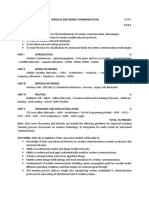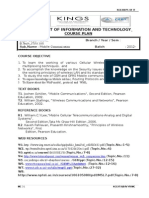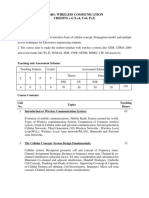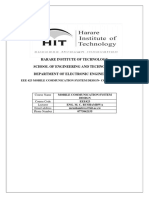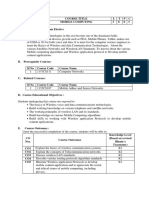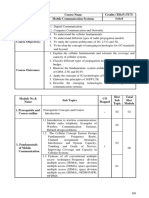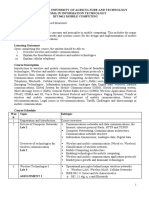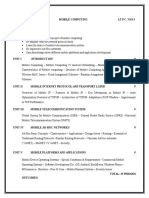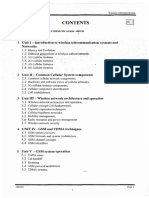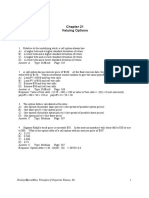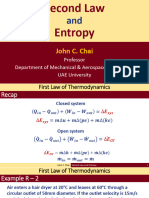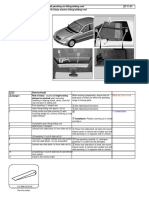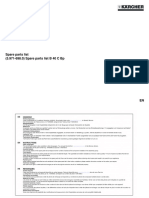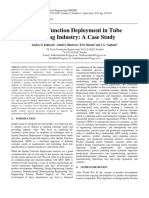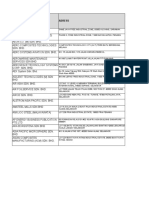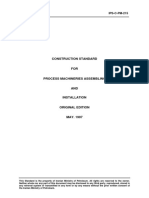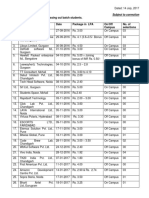0% found this document useful (0 votes)
31 views2 pagesCourse Curriculum
The document outlines the course curriculum for CSE305, titled 'Fundamentals of Mobile Computing,' which covers key concepts in mobile communication systems and wireless networks. It includes course objectives, a detailed syllabus with modules on GSM, GPRS, and mobile satellite systems, as well as learning outcomes and assessment methods. The course will be delivered through video lectures and continuous evaluation, with references to various textbooks on mobile communications.
Uploaded by
vishumittal990Copyright
© © All Rights Reserved
We take content rights seriously. If you suspect this is your content, claim it here.
Available Formats
Download as PDF, TXT or read online on Scribd
0% found this document useful (0 votes)
31 views2 pagesCourse Curriculum
The document outlines the course curriculum for CSE305, titled 'Fundamentals of Mobile Computing,' which covers key concepts in mobile communication systems and wireless networks. It includes course objectives, a detailed syllabus with modules on GSM, GPRS, and mobile satellite systems, as well as learning outcomes and assessment methods. The course will be delivered through video lectures and continuous evaluation, with references to various textbooks on mobile communications.
Uploaded by
vishumittal990Copyright
© © All Rights Reserved
We take content rights seriously. If you suspect this is your content, claim it here.
Available Formats
Download as PDF, TXT or read online on Scribd
/ 2









